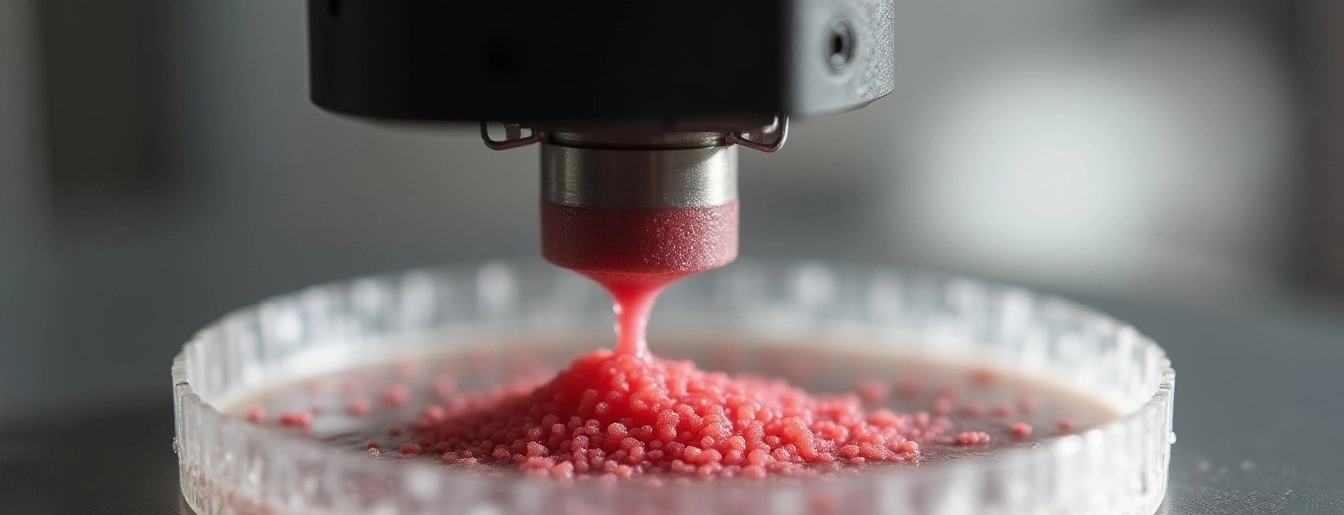




About the Lab
Materials in nature often outperform synthetic alternatives by integrating structure and composition across scales—from molecular arrangements to macroscopic form. This raises fundamental questions: How does multiscale architecture govern the mechanical performance of biological materials? And how can these principles be abstracted and applied to design the next generation of synthetic materials?
Israel Kellersztein’s lab at Ben-Gurion University’s Department of Materials Engineering investigates these questions through the lens of biological materials science. His group studies natural exoskeletons, bio-based composites, and 3D-printed systems to understand how structure and composition determine mechanical behavior across scales. The lab combines multiscale mechanical testing, imaging, and additive manufacturing to explore how nature achieves toughness, adaptability, and multifunctionality—and how these strategies can be translated into robust and sustainable synthetic materials.
Scholar Profile
Dr. Israel Kellersztein’s interest in hierarchical materials began during his PhD at the Weizmann Institute, where he discovered a previously unreported helicoidal architecture in scorpion pincers. As a Fulbright Postdoctoral Fellow at Caltech, he developed 3D-printed biocomposites derived from microalgae with mechanical and thermal performance comparable to plastics and engineered wood. His multidisciplinary background bridges biological insight and materials innovation.